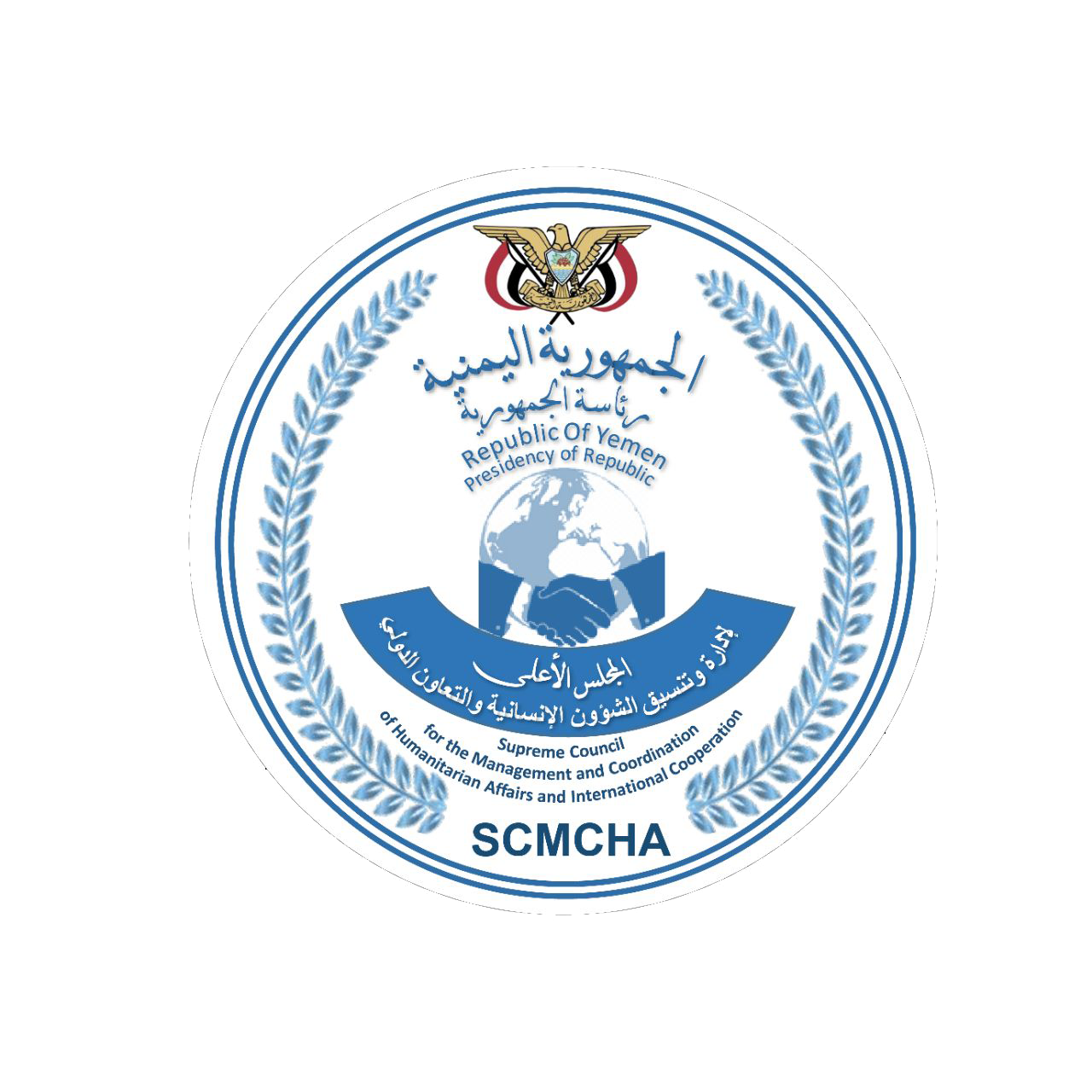A meeting in Hajjah to discuss the repercussions of the decision to halt food aid
A meeting held today in Hajjah Governorate, which included the director of SCMCHA branch , Alan Fadhil, and officials and representatives of international and local organizations, discussed the repercussions of WFP’s decision to halt food aid in the librated territories under the control of the Supreme Political Council, while it continues in the occupied territories.
In the meeting, he reviewed the magnitude of the suffering that the decision to stop food aid will cause to tens of thousands of displaced, affected and poorest people in the governorate, stressing the importance of strengthening the partnership between SCMCHA and organizations working in the humanitarian field.
He pointed to the serious effects resulting from the decision and its impact on thousands of families and its negative repercussions on the most vulnerable groups, including children, women, the sick, and the most needy families, and the increase in the rate of malnutrition and deteriorating health conditions.
He explained that the leadership of SCMCHA in Sana’a proposed all solutions that would ensure the continued disbursement of aid in all governorates to the neediest families, but they were rejected.
For his part, the Director of Emergency Management and the Response Officer in the Information Department of SCMCHA Branch, Khaled Al-Qadi and Muhammad Al-Sharif, reviewed the indicators of food insecurity in the governorate for the years 2022-2023, the aid and projects provided during the two years, and the needs for the year 2024.
In turn, the partners stressed their demand that WFP reverse the decision to stop aid, the repercussions of which will harm thousands of displaced, affected and poorest families.


